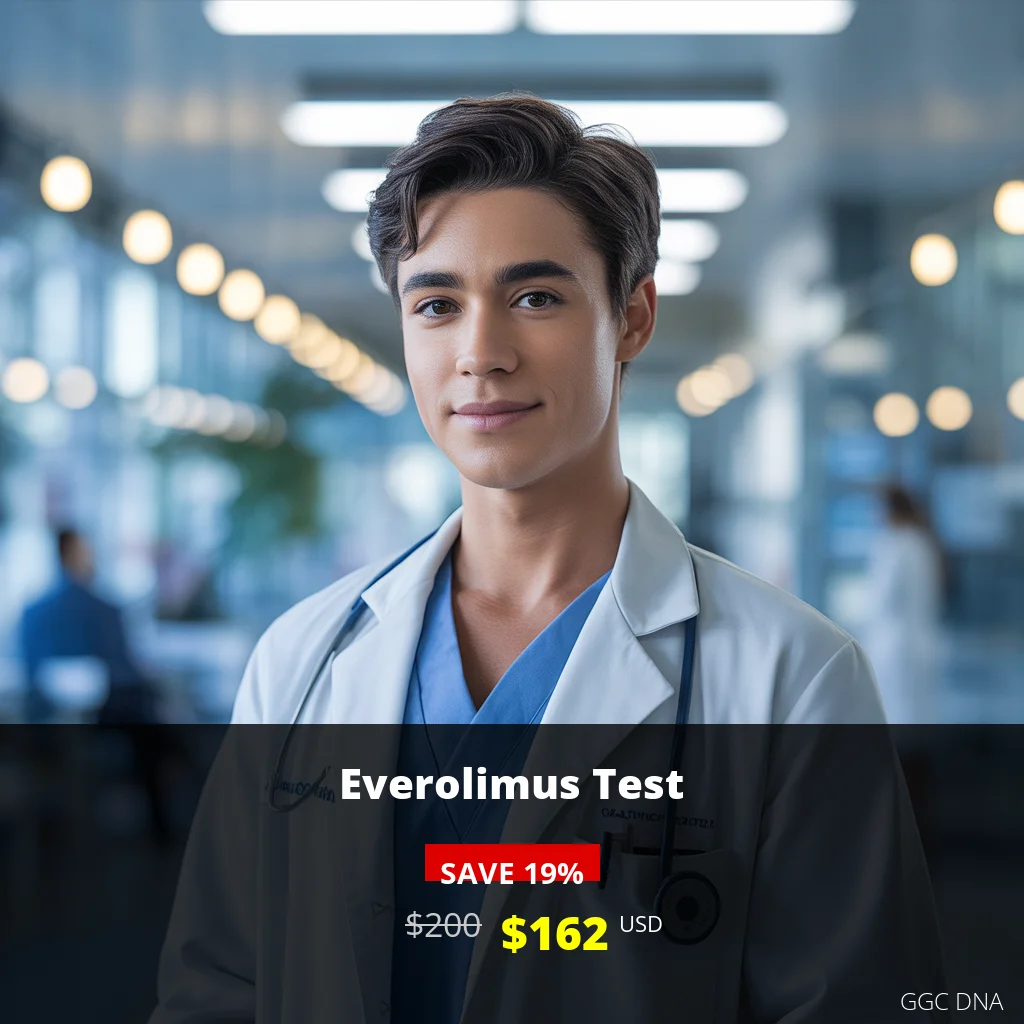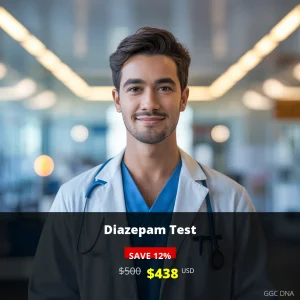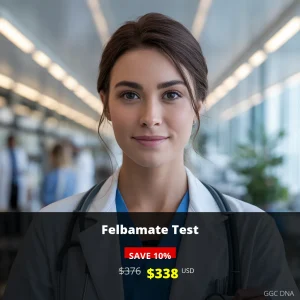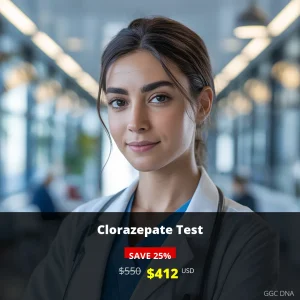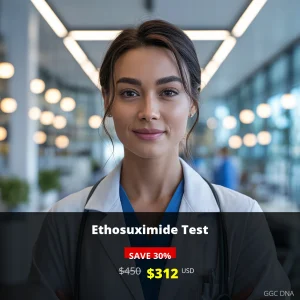Everolimus Test: Comprehensive Therapeutic Drug Monitoring
Understanding Everolimus Therapeutic Monitoring
The Everolimus Test represents a critical advancement in personalized medicine for transplant patients. Everolimus is a potent immunosuppressive agent belonging to the mammalian target of rapamycin (mTOR) inhibitor class, widely prescribed to prevent organ rejection following transplantation procedures. This sophisticated therapeutic drug monitoring test utilizes state-of-the-art Liquid Chromatography-Tandem Mass Spectrometry (LC-MS/MS) technology to precisely measure blood concentrations of everolimus, enabling healthcare providers to maintain optimal therapeutic levels while minimizing adverse effects.
What Does the Everolimus Test Measure?
The Everolimus Test specifically quantifies the concentration of everolimus in whole blood samples. This measurement is crucial because:
- Detects precise drug levels in the bloodstream
- Monitors trough concentrations (lowest drug levels between doses)
- Assesses individual metabolic variations affecting drug clearance
- Identifies potential drug interactions that may alter everolimus levels
- Evaluates patient adherence to prescribed medication regimens
Who Should Consider Everolimus Testing?
This specialized test is essential for specific patient populations and clinical scenarios:
Primary Candidates for Testing
- Organ Transplant Recipients: Patients who have undergone kidney, liver, heart, or lung transplantation and are prescribed everolimus as part of their immunosuppressive regimen
- Patients with Changing Health Status: Individuals experiencing weight fluctuations, liver or kidney function changes, or developing new medical conditions
- Those with Suspected Toxicity: Patients showing symptoms of everolimus-related adverse effects including mouth sores, skin rash, or laboratory abnormalities
- Individuals with Suspected Rejection: Patients where organ rejection is clinically suspected despite medication compliance
- Patients Starting or Adjusting Medications: Those initiating new drugs that may interact with everolimus metabolism
Clinical Benefits of Everolimus Monitoring
Regular therapeutic drug monitoring provides numerous advantages for transplant patients and their healthcare teams:
Optimized Treatment Outcomes
- Precision Dosing: Enables individualized medication adjustments based on actual blood levels rather than standardized dosing
- Rejection Prevention: Maintains therapeutic levels to effectively prevent organ rejection
- Toxicity Reduction: Helps avoid excessive drug concentrations that can lead to serious side effects
- Cost-Effectiveness: Prevents complications that may require hospitalization or additional treatments
Enhanced Patient Safety
- Early detection of subtherapeutic levels that could lead to rejection
- Identification of supratherapeutic levels before clinical toxicity develops
- Monitoring of drug interactions with other medications
- Assessment of individual metabolic variations affecting drug clearance
Understanding Your Test Results
Interpreting Everolimus Test results requires professional medical expertise, but general guidance includes:
Therapeutic Range Interpretation
- Subtherapeutic Levels: Concentrations below the target range may indicate inadequate immunosuppression and increased rejection risk
- Therapeutic Range: Levels within the recommended range (typically 3-8 ng/mL for most transplant indications) provide optimal balance between efficacy and safety
- Supratherapeutic Levels: Elevated concentrations may increase the risk of adverse effects including infection susceptibility, impaired wound healing, and metabolic complications
Factors Affecting Results
Several variables can influence everolimus blood concentrations:
- Timing of blood collection relative to last dose
- Concurrent medications that affect CYP3A4 metabolism
- Dietary factors, particularly grapefruit consumption
- Liver and kidney function status
- Genetic variations in drug metabolism enzymes
Test Pricing and Scheduling Information
| Price Type | Amount (USD) |
|---|---|
| Discount Price | $162 |
| Regular Price | $200 |
Convenient Nationwide Access
We maintain comprehensive testing facilities across the United States, with branches in all major metropolitan areas including New York, Los Angeles, Chicago, Houston, Phoenix, and numerous other cities. Our network ensures that patients can access this critical monitoring test conveniently regardless of location.
Streamlined Testing Process
Our testing protocol is designed for patient convenience and clinical accuracy:
- Sample Collection: 3 mL (2 mL minimum) whole blood in Lavender Top (EDTA) tube
- Shipping Instructions: Ship refrigerated with complete documentation
- Required Information: Provide date and time of sampling, amount and time of last dose
- Ideal Sampling Time: 1 hour before next dose (12-hour trough level)
- Turnaround Time: Samples accepted daily by 5 pm with same-day reporting
Take Control of Your Transplant Health
Regular Everolimus testing is not just a laboratory procedure—it’s an essential component of successful long-term transplant management. By ensuring your medication levels remain within the therapeutic window, you significantly reduce the risk of organ rejection while minimizing potential side effects.
Ready to schedule your Everolimus Test? Our dedicated team is available to assist you with scheduling, answer your questions, and ensure you receive the highest quality therapeutic drug monitoring services. Contact us today at +1(267) 388-9828 to book your test or speak with one of our healthcare specialists.
Don’t leave your transplant health to chance. Proactive monitoring with the Everolimus Test provides the data your medical team needs to optimize your treatment regimen and support your long-term health outcomes.

